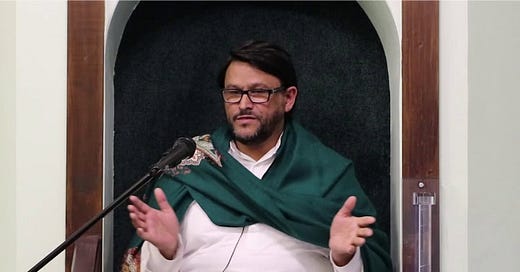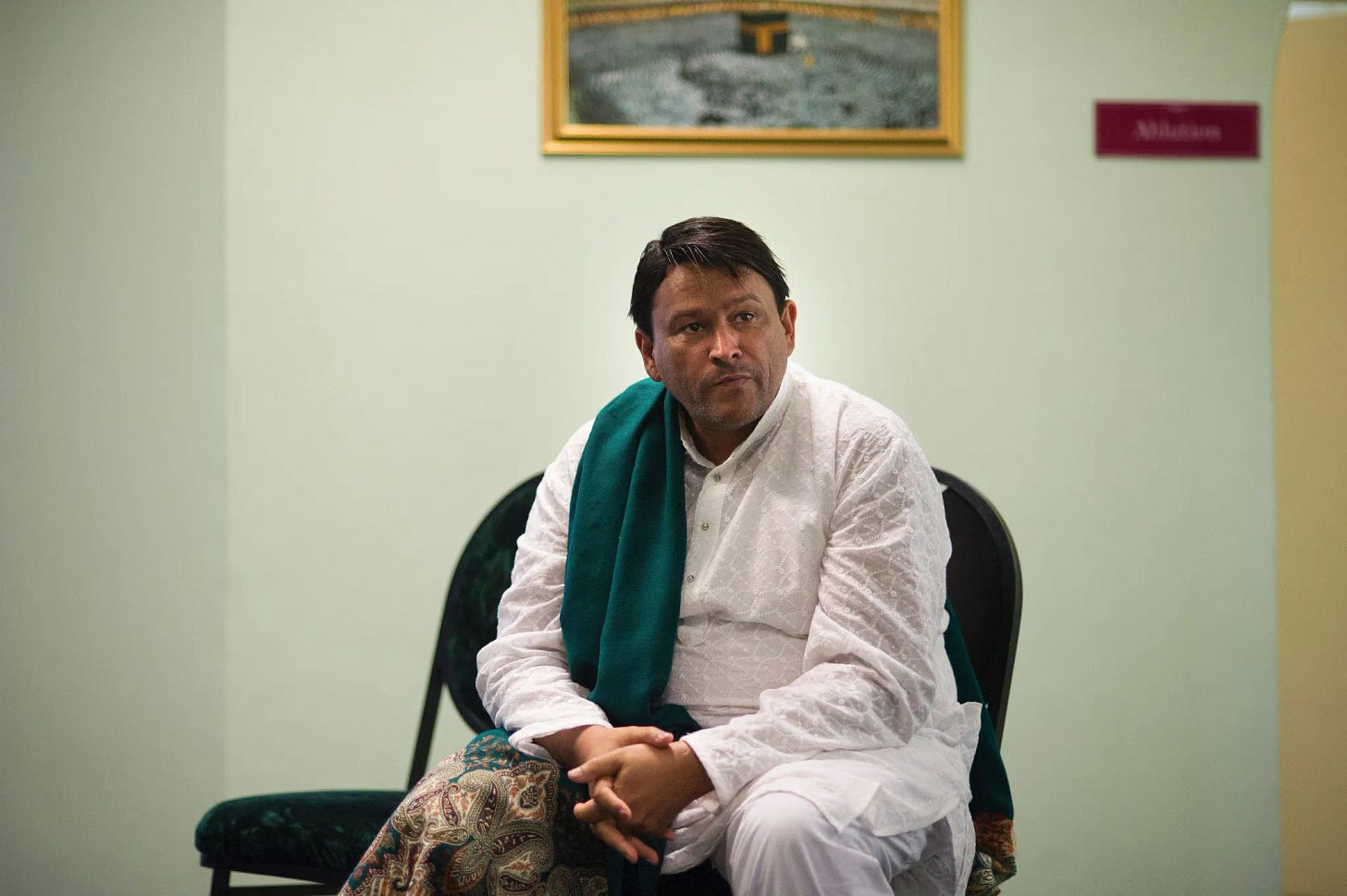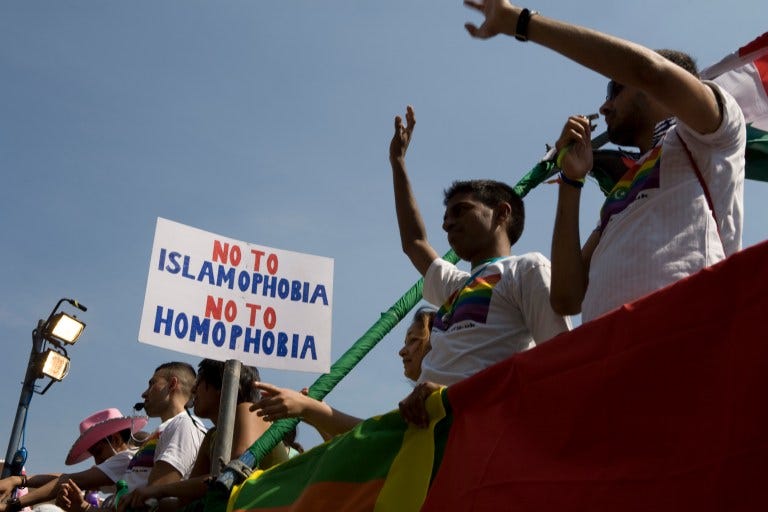Openly Gay Imam Gunned Down in South Africa
Confronting Hate Crimes: The Urgent Need for a Swift and Thorough Investigation
On February 15, Muhsin Hendricks, an openly gay imam, Islamic scholar, and LGBTQ+ rights activist, was shot and killed in Gqeberha, South Africa, as he was preparing to officiate an interfaith marriage.
A trailblazer in religiously conservative circles, Hendricks was dubbed the world’s first openly gay imam, after he came out in 1996, dedicating his life to supporting LGBTQ+ Muslims in reconciling their faith with their sexual orientation and gender identity. He founded a support network and later established a mosque catering to marginalized Muslims, advocating for inclusivity within the Islamic faith despite facing significant opposition.
According to police reports, two unidentified assailants with concealed faces ambushed Hendricks, firing multiple shots at his vehicle. CCTV footage circulating on social media appears to capture the moment he was killed, showing a masked individual firing several rounds into the back window of his car before fleeing. While the investigation into his death remains ongoing, many believe the attack was deliberate. Concerns have been raised that his murder may have been a hate crime, motivated by his advocacy for LGBTQ+ rights, religious tolerance, and inclusion. Hendricks’ family confirmed that he had received frequent death threats prior to his killing.
Steve Letsike, Deputy Minister in the Presidency for Women, Youth, and Persons with Disabilities, has called for the crime to be investigated as a hate-motivated attack. Similarly, South Africa’s Department of Justice and Constitutional Development emphasized the importance of upholding constitutional values and ensuring that no individual faces discrimination based on sex, gender, sexual orientation, or other identity markers.
Despite South Africa’s progressive legal framework—including the 2006 Civil Union Act and the 2023 Prevention and Combating of Hate Crimes and Hate Speech Act—LGBTQ+ individuals in the country continue to face high levels of discrimination, harassment, and violence, often with fatal consequences.
Authorities must take decisive action to bridge the gap between legal protections and the lived realities of LGBTQ+ South Africans. A thorough and expedited investigation into Hendricks’ killing is essential, not only to determine the motive behind the attack but also to ensure that those responsible are held accountable. In accordance with the Prevention and Combating of Hate Crimes and Hate Speech Act, this case must be properly classified, and justice must be pursued with the urgency it demands.
By addressing this crime with diligence and accountability, South African authorities can reaffirm the nation’s commitment to equality, ensuring the safety and dignity of all its residents—including those in the LGBTQ+ community.








